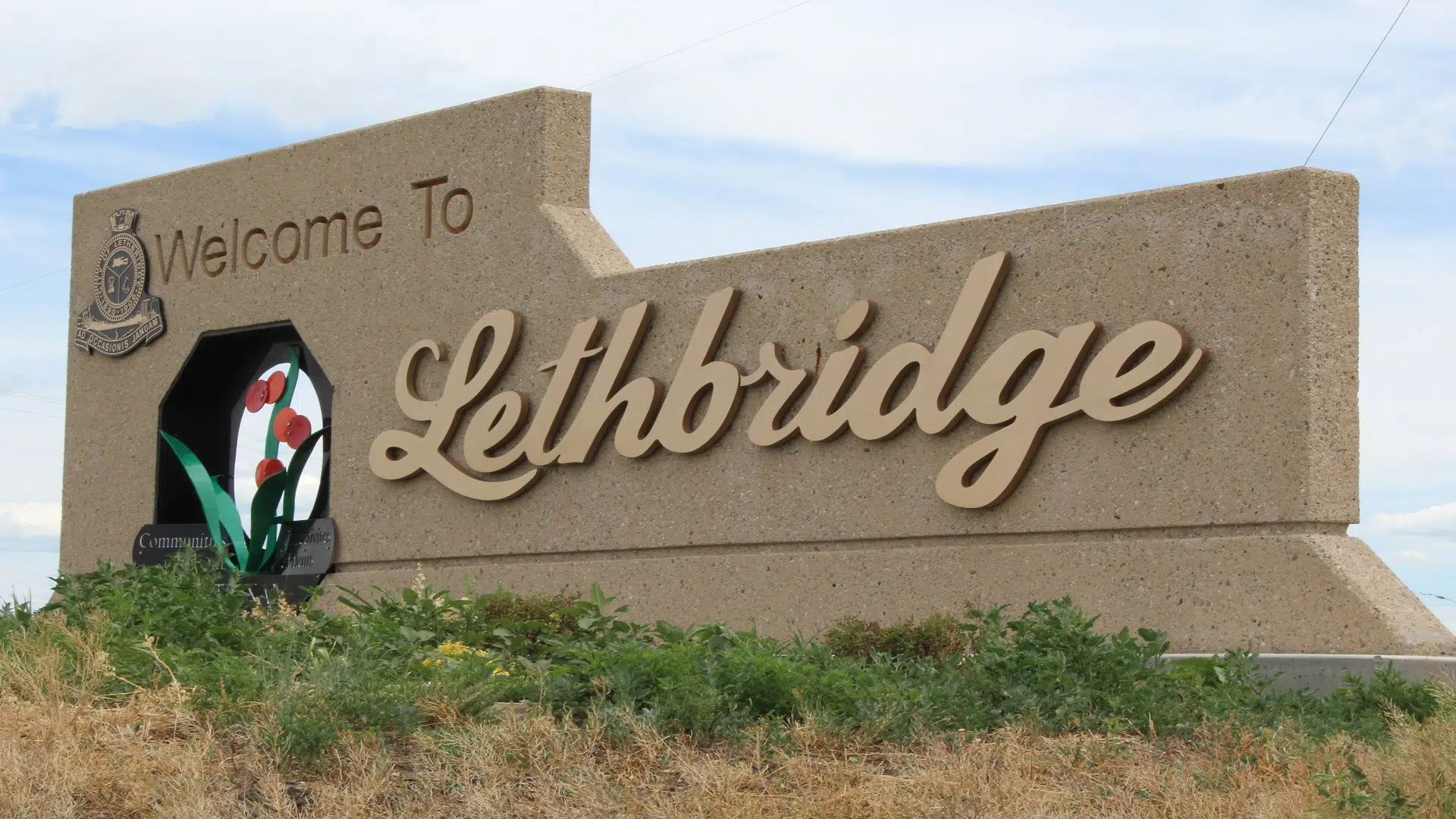
City addresses Aboriginal reconciliation with community steeped approach
LETHBRIDGE – Lethbridge is moving forward in Aboriginal reconciliation, with community involvement as a top priority.
Representatives from Lethbridge’s Canadian Municipalities Against Racism and Discrimination committee updated council on Monday (Feb. 6), regarding work done to-date from the report and recommendations of the Truth and Reconciliation Committee (TRC).
In 2015, the TRC released its 94 official calls to action for all levels of government. The Urban Aboriginal Inter-Agency Committee was then created in 2016, to fill any service gaps that were left after the Aboriginal Council for Lethbridge was forced to close, due to a lack of funding.
The Urban Aboriginal Inter-Agency Committee has since been hard at work, conducting research on best practices and consulting with elders to build an implementation plan for the city. The group says the plan combines “Western knowledge with Indigenous knowledge.”
“The plan itself has been steeped in this kind of community based approach,” noted Roy Pogorzelski, City of Lethbridge Community and Social Development (CSD) group inclusion specialist.
“We’ve been able to draft down some of those calls to action, and go through all 94 of them and draft what could be what’s a recommended action for cities and communities, and how we can advance that together as a group.”
Jacinda Weiss, community member and advisory to the community plan, says this process is all about moving forward with effective relationship building and education.
“It’s just really about creating opportunities where everyone can be engaged… Our Indigenous people, we’re here, we’re not going anywhere. So, it’s really important that we’re all on the same page.”
The first draft of the community implementation plan is expected to be complete by the end of this month.
The Urban Aboriginal Inter-Agency Committee, in coordination with CMARD, City council and other City officials, has also developed a universal acknowledgement statement to recognize that Lethbridge sits on traditional Blackfoot territory. Amanda Scout, community engagement and planning coordinator for native counselling services, appreciated that leaders across Canada have begun to do the same.
The short form of the draft statement reads as follows: “Firstly, I would just like to acknowledge that we are on Blackfoot territory, and give recognition to our Treaty 7 relationship.”


